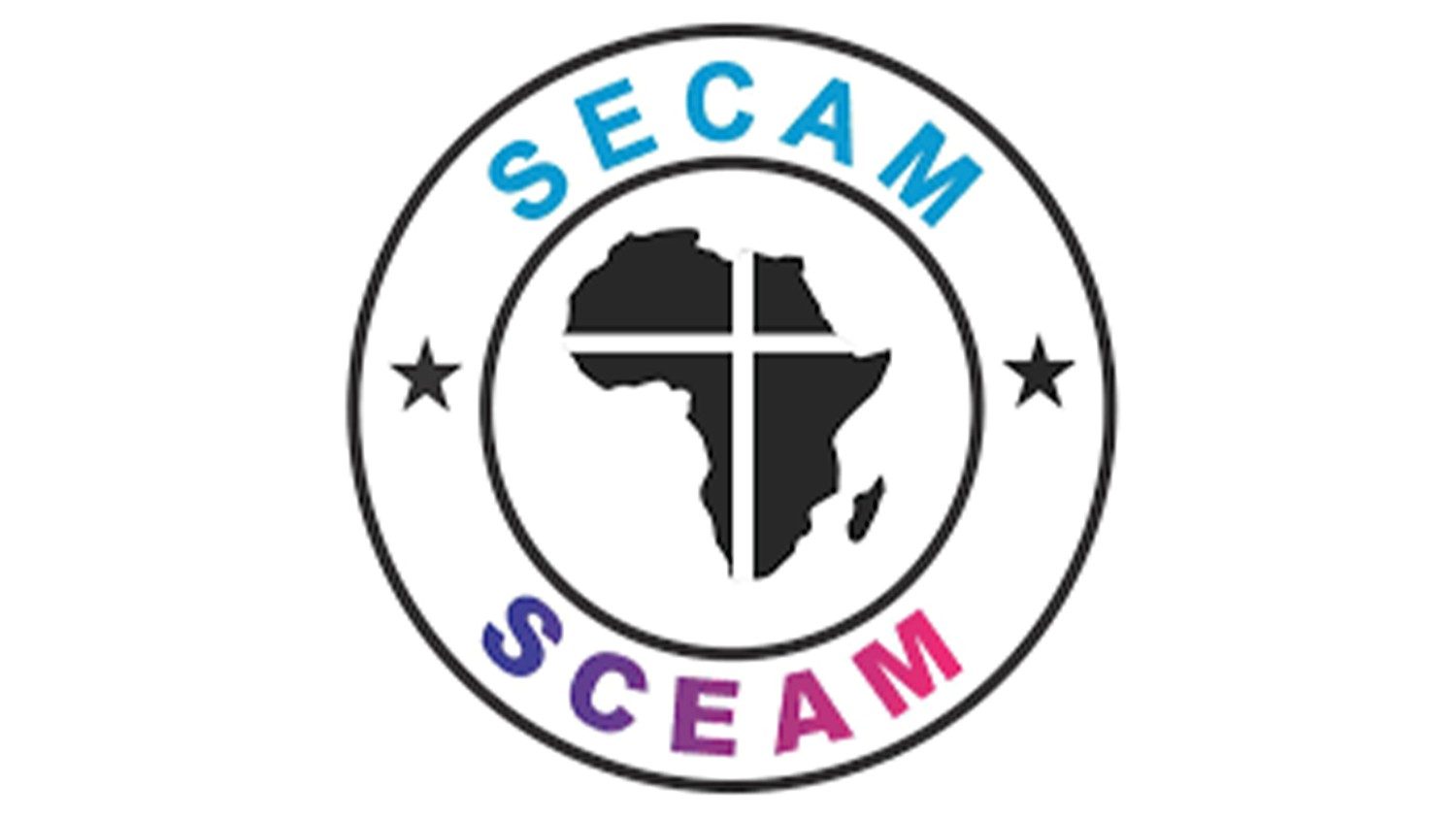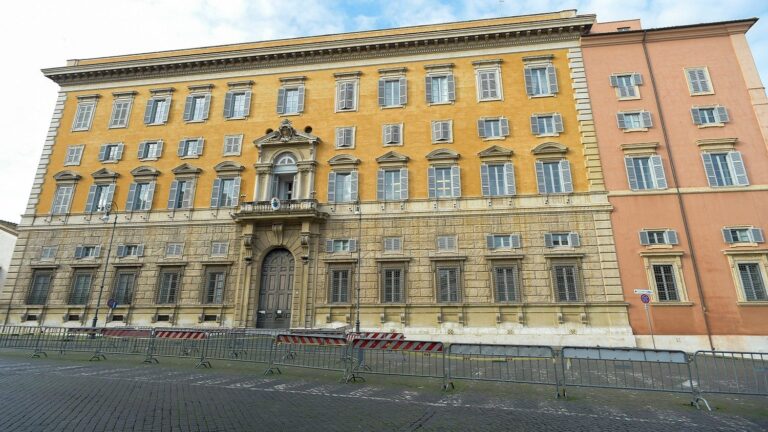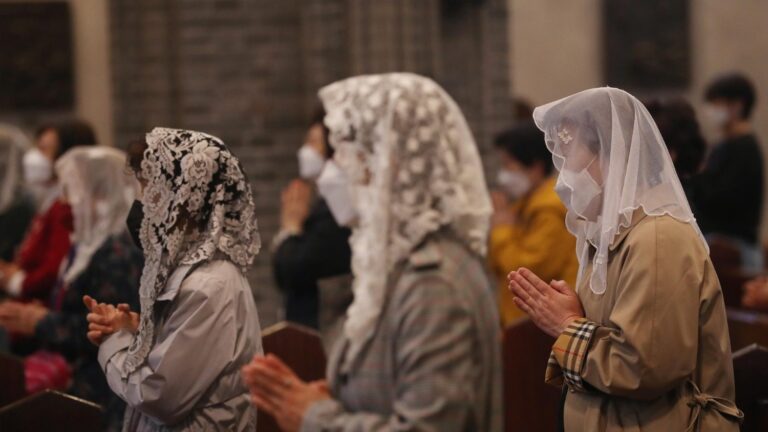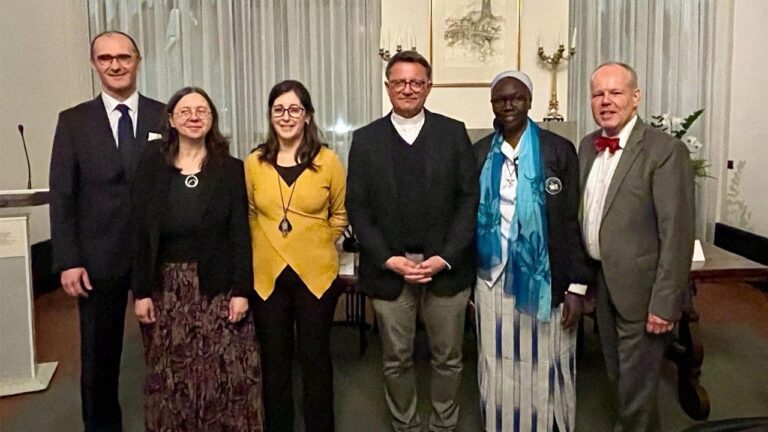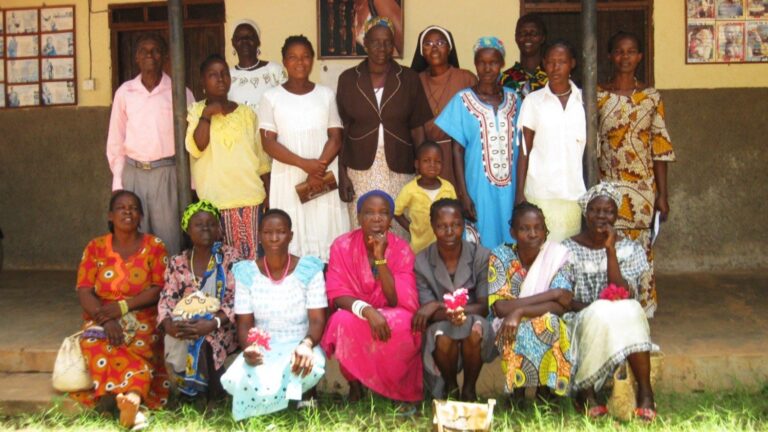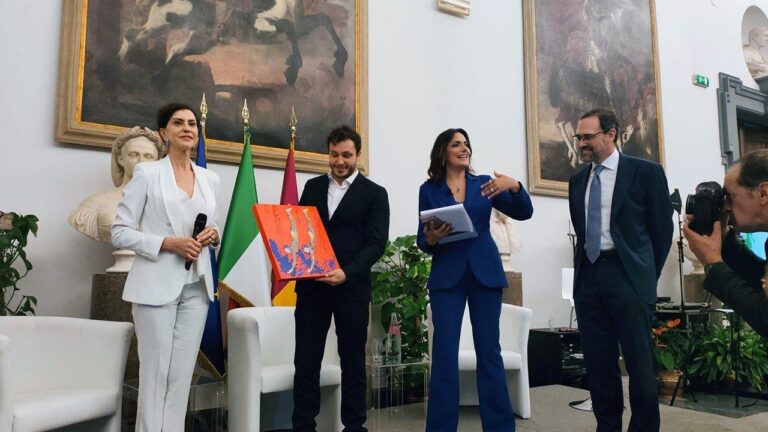SECAM Day: Church in Africa called to bring Gospel to the world
Vatican news
As African bishops celebrate SECAM Day marking the fifty-fifth anniversary of its founding, Cardinal Fridolin Ambongo notes that the Church in Africa has made great strides in evangelizing the continent and underlines the synodal dimension of its mission in Africa and the world.
By Lisa Zengarini
July 29 marked an important anniversary for the Church in Africa. On this day in 1969, African bishops officially established the Symposium of Episcopal Conferences of Africa and Madagascar (SECAM) to promote their communion and collaboration with the specific mission of evangelization of the entire continent and its islands.
Two days later, on July 31, Pope St. Paul VI presided over the closing ceremony of the first SECAM meeting in Kampala, delivering his closing address. Apostolic journey to Uganda (July 31 – August 2, 1969), first visit of a pontiff to Africa.
Since these two historic events, July 29 has been celebrated as SECAM Day, with celebrations taking place on the Sunday closest to the anniversary, this year July 28.
“You Africans are your own missionaries.”
The theme chosen for this 55th This edition is taken from the memorable words of Paul VI at the investiture ceremony on July 31: “You Africans are your own missionaries.”
In a message fOn this occasion, the President of SCEAM, Cardinal Fridolin Ambongo of Kinshasa, stressed that this year’s celebration is particularly significant, as it coincides with the 60thth anniversary of the canonization of the Uganda Martyrs.
It was in fact after the solemn celebration of Mission Sunday, on October 18, 1964, when the 22 Martyrs were canonized in Rome in the presence of all the participants in the Second Vatican Council, that Pope Paul VI decided to visit the African nation.
The theme chosen this year is also significant, he continued, because it underlines that the Church in Africa has taken “very seriously” the “noble” words of Paul VI.
A dynamic “adult” Church
In fact, Cardinal Ambongo said, “from that historic papal visit to the present day, the Church in Africa has grown a lot and in many ways.”
With its 256 million faithful today, representing 18% of the total African population, which continues to grow at a record rate, as does the number of dioceses, the Catholic Church in Africa “has taken root and is now an adult Church.”
The message recalls that the majority of the hierarchy now comes from indigenous clergy, both secular and religious, and that a growing number of African religious occupy leadership positions in these international missionary societies.
Furthermore, “an increasing number of African diocesan priests are beginning to make themselves available for limited periods as fidei donum.”
Champion of human development and voice of the voiceless
Furthermore, the Congolese cardinal continued, the Catholic Church on the continent has become a “champion of human development”, and is now “the voice of the voiceless” and “advocates for the reduction or cancellation of the unjust burden of the debt of the African peoples”.
It “is being built dynamically as a Family of God and is enriched by the experience of the Small Christian Communities, which are the hallmark of the Church of Jesus Christ in Africa and its islands.”
Inculturation of the Christian faith in Africa
But despite this remarkable growth, “Africa continues to hunger and thirst for Jesus.” This is why, Cardinal Ambongo emphasizes, Christians, who represent 30% of the African population, must continue to proclaim the Gospel to non-Christians, as requested by the Special Assembly for Africa of the Synod of Bishops in 1994.
In this regard, the Archbishop of Kinshasa reiterated the crucial importance of inculturation, because, he said, “evangelization will only be effective if the Christian faith is deeply rooted in the way of life of the people.”
Bringing the Gospel of Hope to a Conflict-Riddled and Poverty-Riddled Africa
Moreover, in the face of the many serious problems facing the continent – including poverty, political instability, ethnic and religious conflicts, migration and refugees, corruption, environmental degradation, trafficking in arms, drugs and people – Christians are called to “radiate this reconciling love of Christ and at the same time become for others a source of peace and agents of reconciliation.”
Every member of the Church-Family of God, insisted the Archbishop of Kinshasa, must proclaim the Gospel of hope wherever they are, whether they are Christians who occupy positions where they exercise state power, or who work in the economic domain.
Bearing Witness to the Gospel in a Secularized West
The message emphasizes that the Catholic Church in Africa is called to bear witness to the Gospel also to the rest of the world, and in particular to the European continent, “whose missionaries have taken on the task of evangelizing all of Africa and which is currently experiencing a decrease in personnel due to secularism which is increasingly distancing people from the Church.”
In conclusion, Cardinal Ambongo underlines the importance of the synodal dimension of this missionary enterprise.
“The Church in Africa, renewed by the synodal journey and cemented in the spirit of communion lived in the Small Christian Communities, is called, in listening to one another and to the Holy Spirit, to embrace the evangelizing mission until reaching all kinds of peripheries, with new ardor, new methods and renewed structures,” he said.
Finally, the President of SCEAM invites all members of the Church in Africa and its islands to take advantage of this annual celebration to inform Catholics across the continent of the existence and mission of SCEAM in order to involve them.
Vatican news
sc
